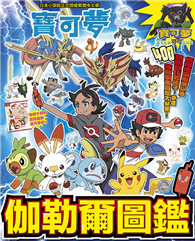Drawing on rich qualitative data, this book presents a novel way of understanding the drug market-related harm of ’cuckooing’, providing a theoretically informed account of this increasingly high-profile area.
Applying the framework of the ’risk environment’, the book examines why people become cuckooed, how it is responded to and how this exploitative practice is socially produced. In doing so, a diverse range of environments and features relevant to cuckooing are analysed, including the role of housing, political economy, drug policy, policing and social exclusion. By interrogating how these constrain and enable the actions of people who are affected, the book develops a critical analysis that recognises the complexity of cuckooing while eschewing superficial explanations of why it occurs. Resisting simplistic solutions, it also considers what an enabling environment capable of reducing the harms of this exploitative practice might look like.
Cuckoo Land will be of interest to academic researchers in the fields of criminology, victimology, social work and drugs. It will also be essential reading for policy makers and practitioners working on the issue of cuckooing.












